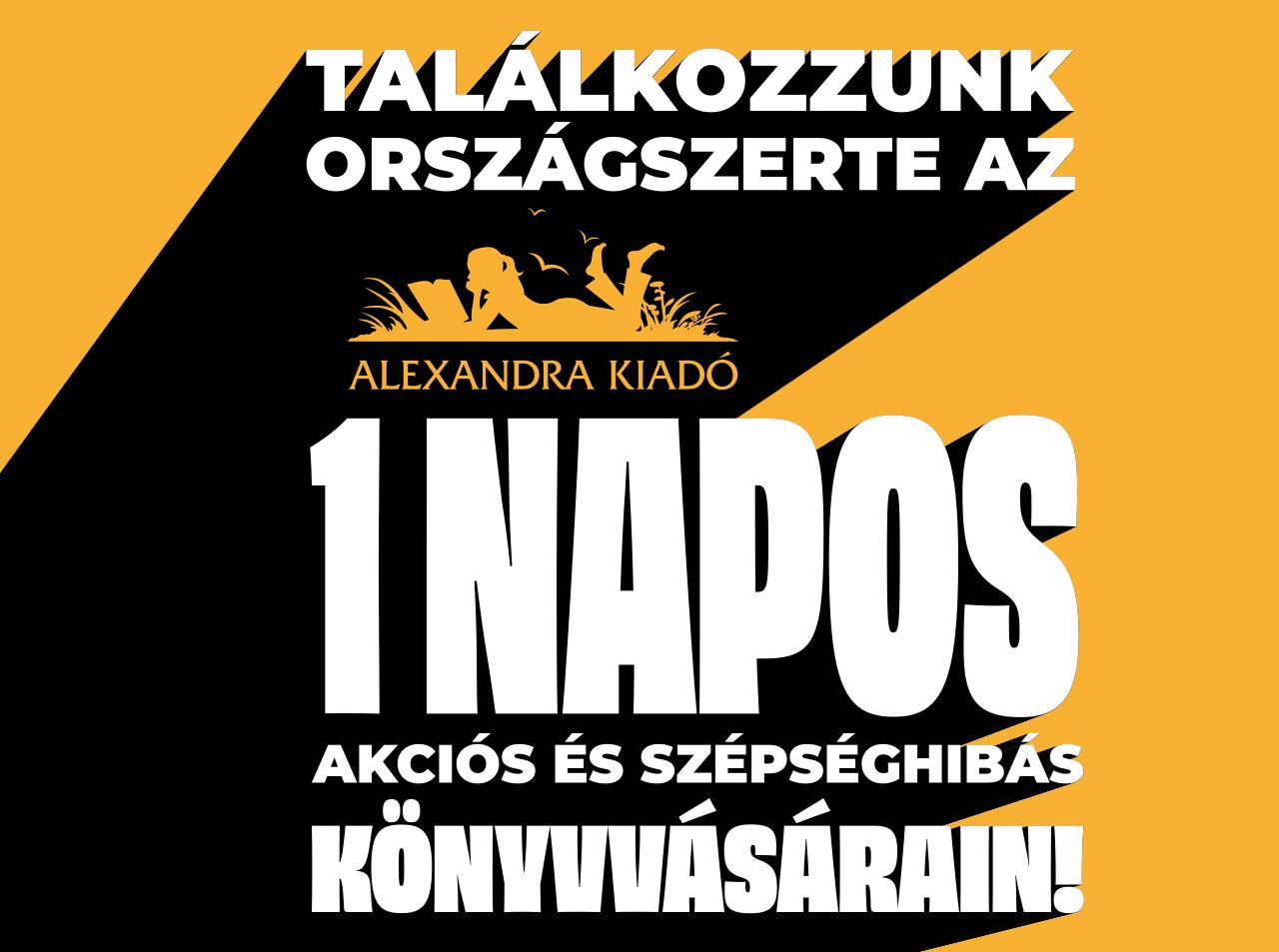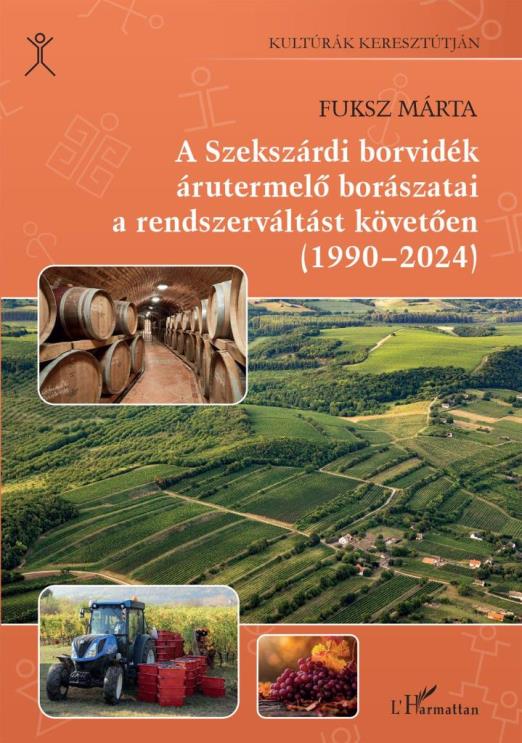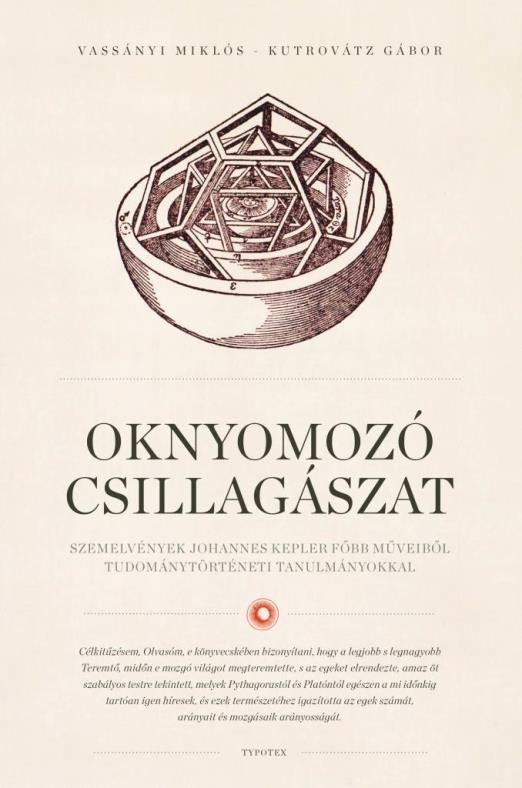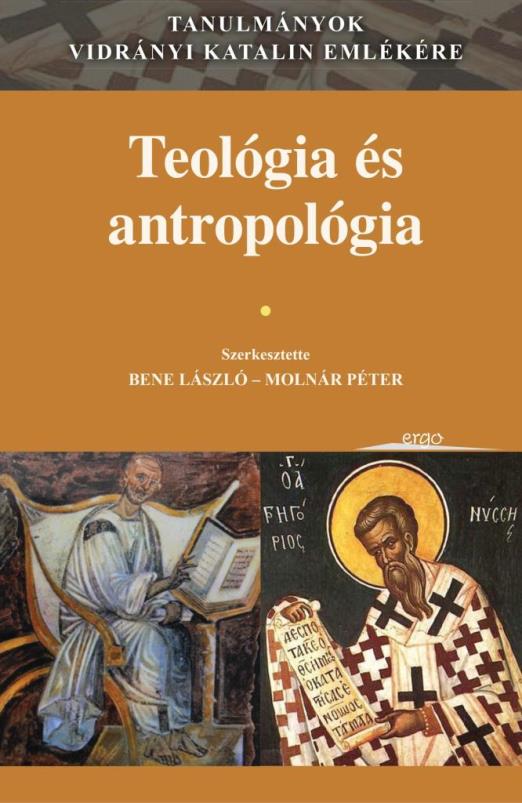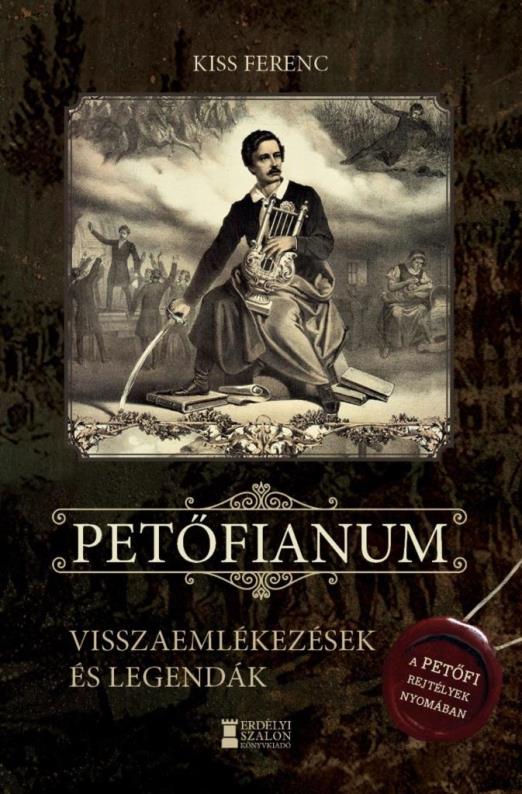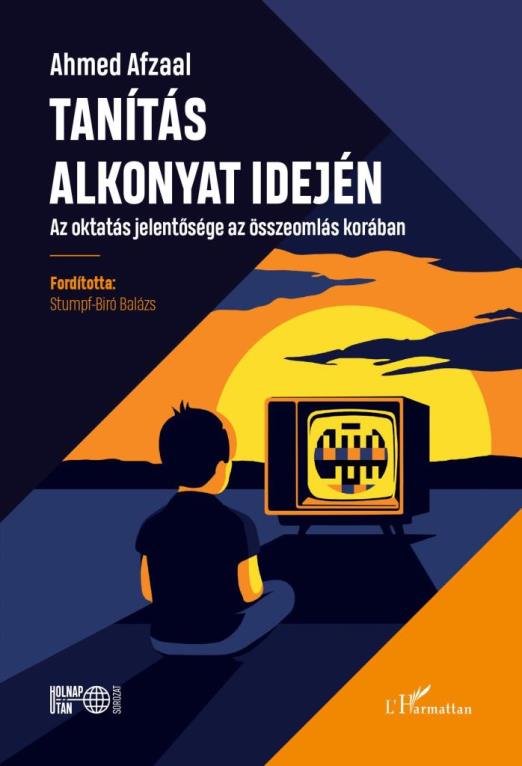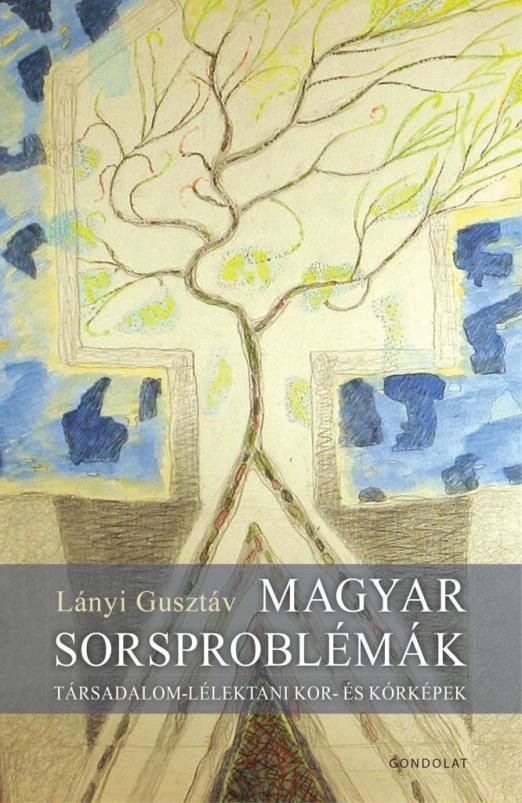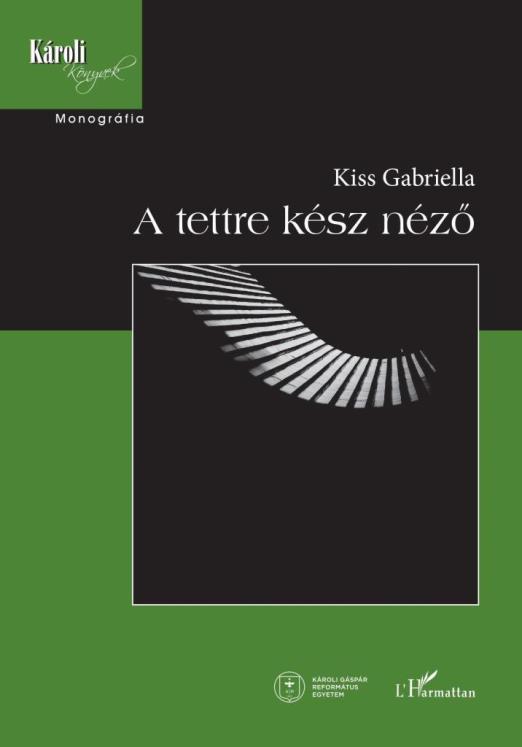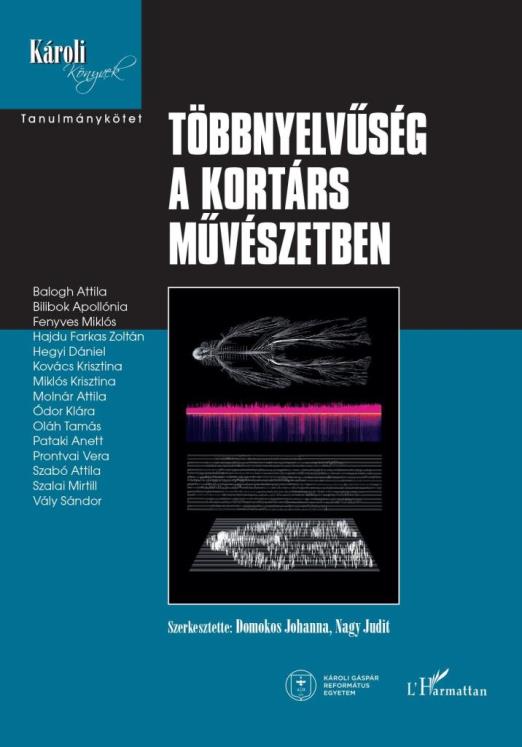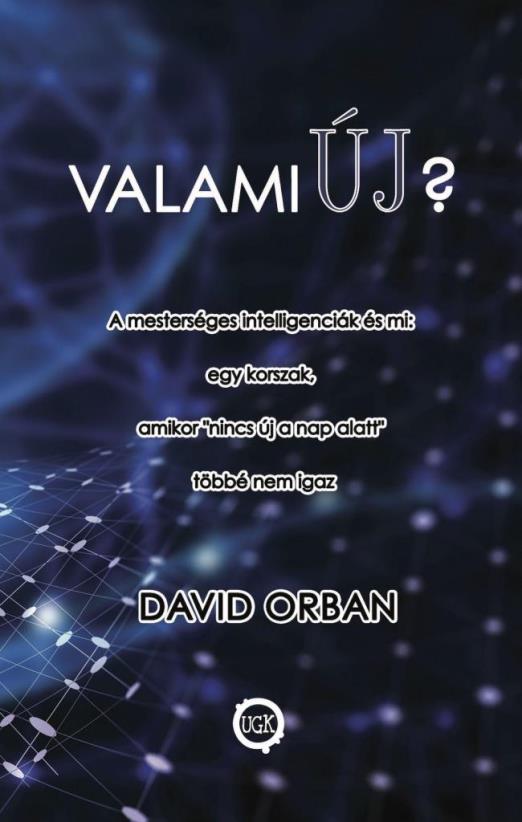
Szállítás:
5-15 munkanap
Rendelhető
Kötött ár:
3 647 Ft
Eredeti ár:
3 964.-
This book contributes to the academic debate oncollective punishmentguilt in Central Europe in the post-World War II era and its consequences to the present.In this region, most collective restrictive measures were introduced during or immediately after World War II, in an atmosphere of trauma and revenge.The book is premised on the need to realise and understand the logic of reparative actions in every post-conflict situation. Recognition of the facts, moral compensation and material compensation are equally important in this process.The articles in this volume address not only the legal and moral questions, but also touch upon the problems of historic reconciliation and material compensation. All these issues still pose today a challenge to academic research, and influence long-standing political debates on collective guilt.
Leírás
This book contributes to the academic debate oncollective punishmentguilt in Central Europe in the post-World War II era and its consequences to the present.In this region, most collective restrictive measures were introduced during or immediately after World War II, in an atmosphere of trauma and revenge.The book is premised on the need to realise and understand the logic of reparative actions in every post-conflict situation. Recognition of the facts, moral compensation and material compensation are equally important in this process.The articles in this volume address not only the legal and moral questions, but also touch upon the problems of historic reconciliation and material compensation. All these issues still pose today a challenge to academic research, and influence long-standing political debates on collective guilt.
Adatok
Raktári kód:
L44323
ISBN:
9789636531423
EAN:
9789636531423
Megjelenés:
2024.
Hozzászólások
